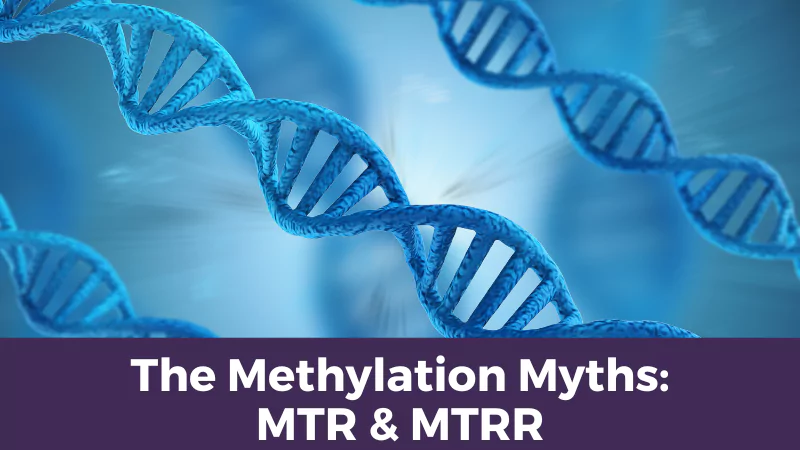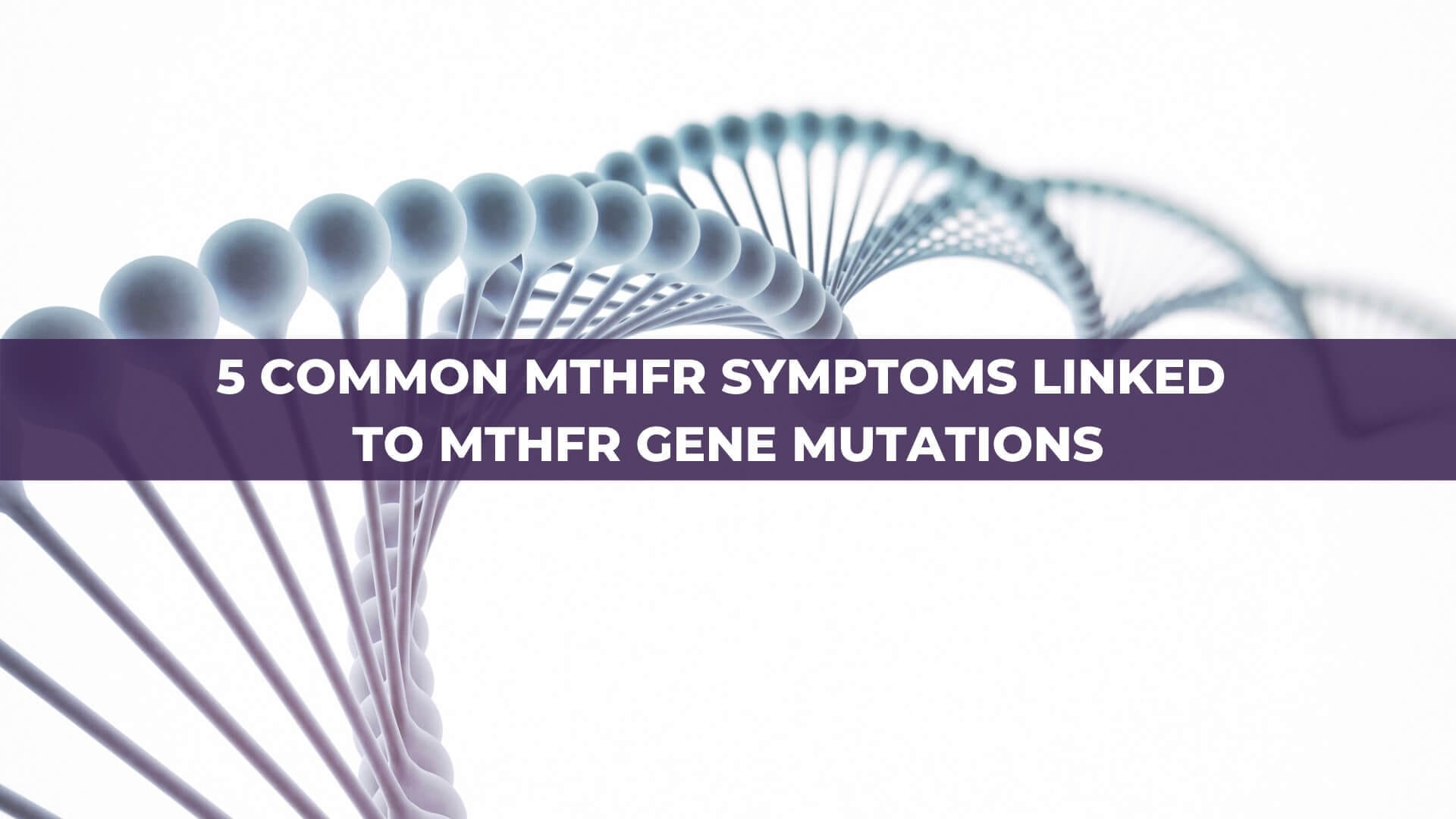How to find out if you have the MTHFR gene mutation?
MTHFR is an essential enzyme involved in the metabolism of dietary folate and links the folate metabolism with the ‘homocysteine-methionine’ pathway. These pathways are important for optimal cellular functioning – synthesis of amino acids, proteins, lipids, DNA/RNA, gene switching, neurotransmitters, hormones, and immune function.
Since it is an important enzyme involved in the cellular metabolism, its deficiency may result in a variety of health conditions.
Over years of research, several conditions have been associated with a defect in MTHFR, some of which are listed below:
- Neural tube defects- These are birth defects in the development of brain and spinal cord.
- Anencephaly- It is a kind of neural tube defect in which large parts of the brain are missing.
- Homocystinuria- A disorder in which the body is unable to process homocysteine and methionine properly.
- Spina bifida- It is a kind of neural tube defect in which the spinal bones do not close completely around the developing spinal cord nerves.
- Congenital heart defects
- Recurrent pregnancy loss
- Ischemic Stroke
- Hypertension
- Preeclampsia- High blood pressure during pregnancy
- Glaucoma- An eye disorder.
- Psychiatric disorders – Depression and/or anxiety
- Certain types of cancer
- Chronic Fatige
- Fibromyalgia
- ADD
- ADHD
- Autism
Steps to find out if you have the MTHFR gene mutation:
Step 1: If you suffer from any of the above and you are not able to treat it with regular treatments, you might have a mutation in the MTHFR gene.
Step 2: In addition, if you have high levels of homocysteine in your blood – more than 10µM/L – it may be an indication there is a mutation in the MTHFR gene.
Step 3: Talk with your Healthcare professional and discuss options for testing or go online and get your test here
Step 4: Once you know your results you can learn more about the MTHFR gene on the links below:
Step 5: Help to control your environment by watching what you eat, what you drink, what environmental toxins you are exposed to.








